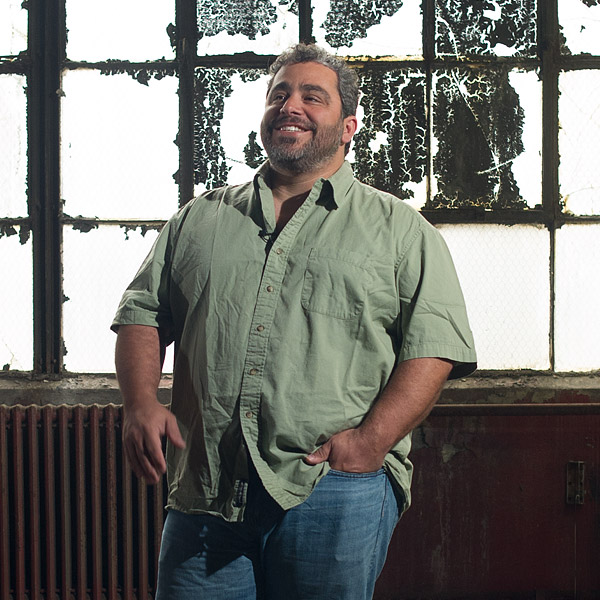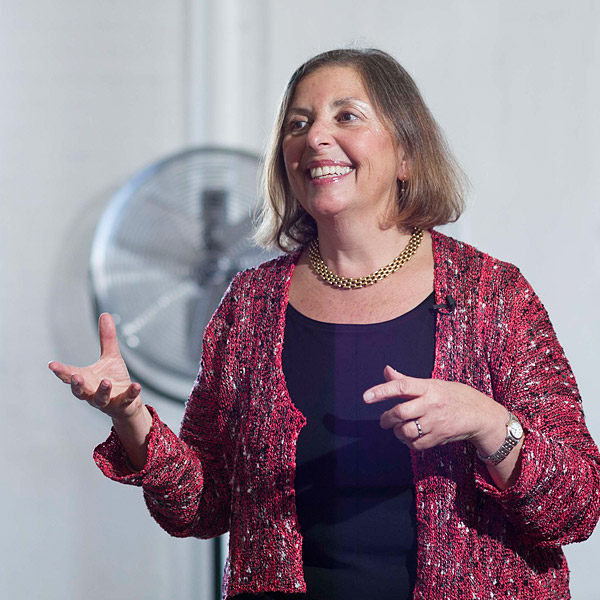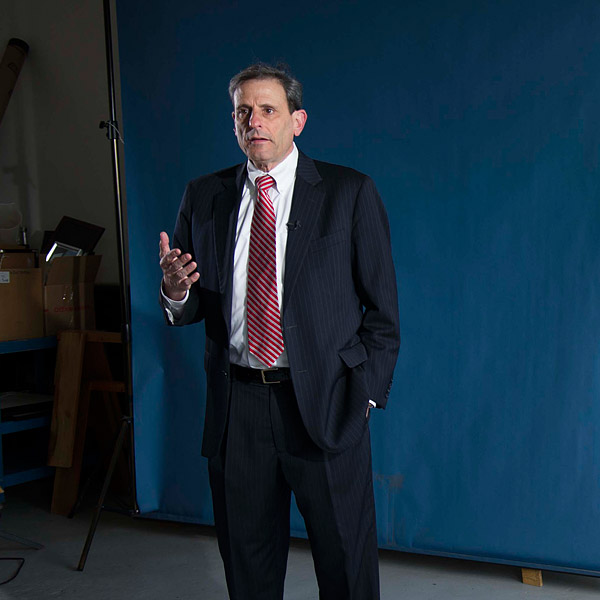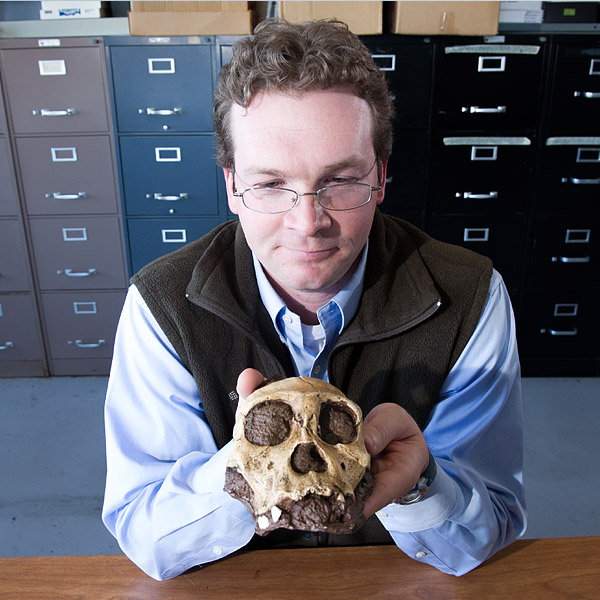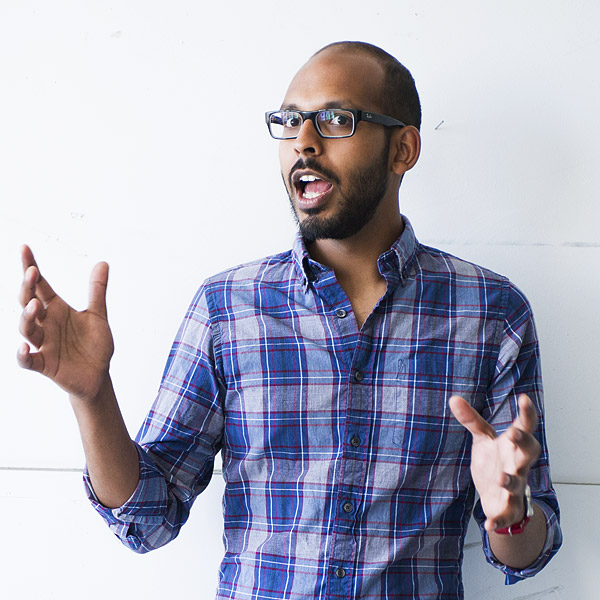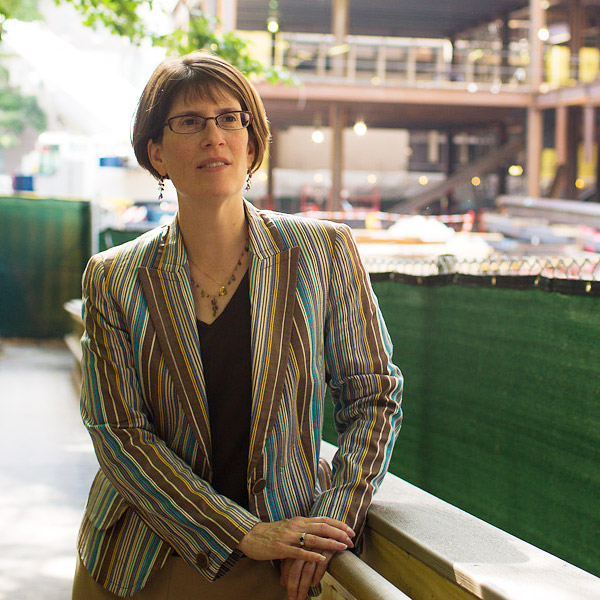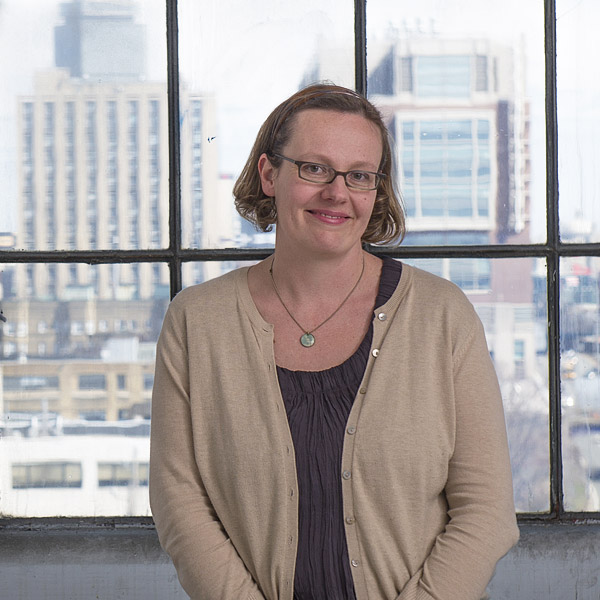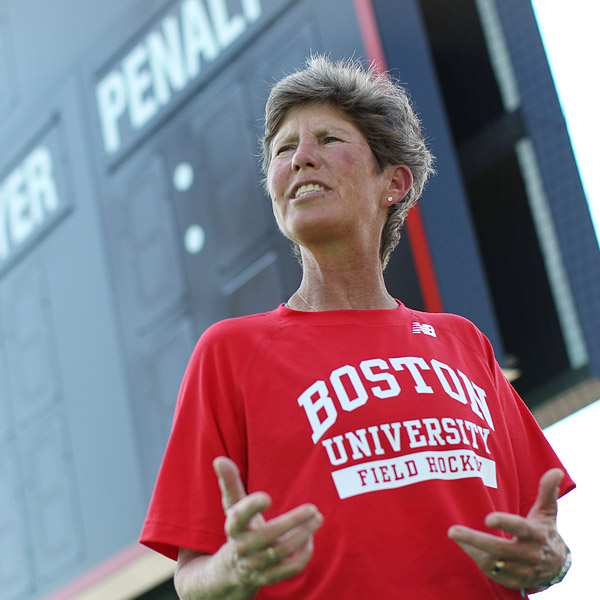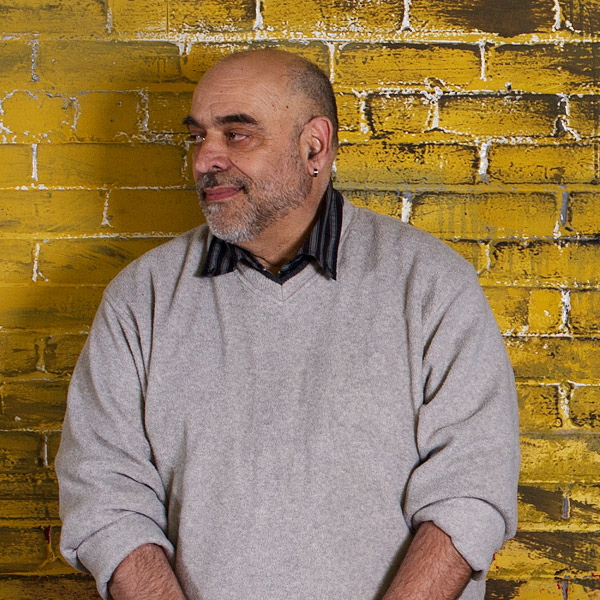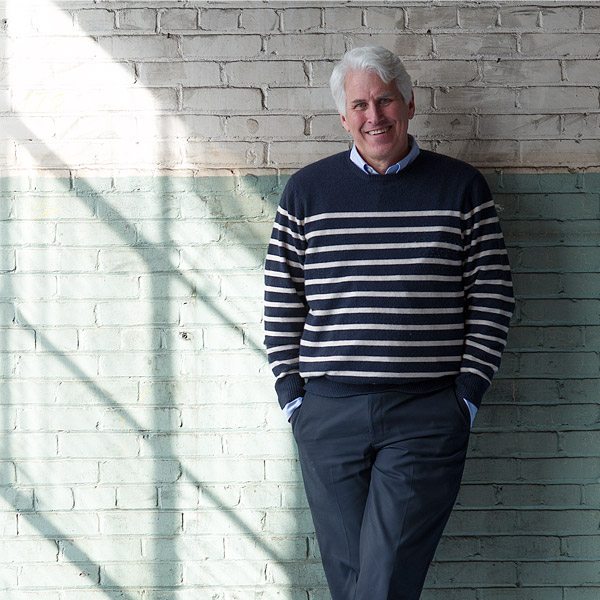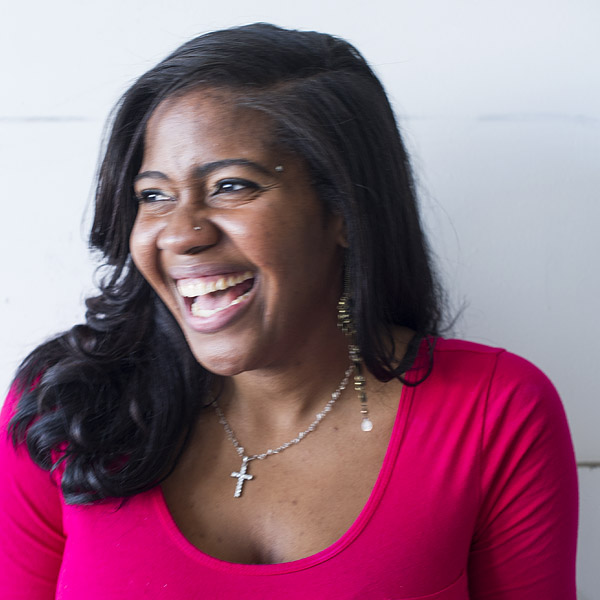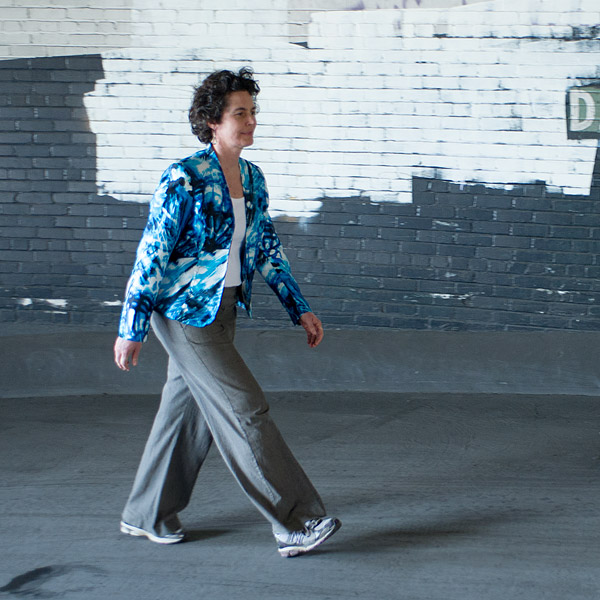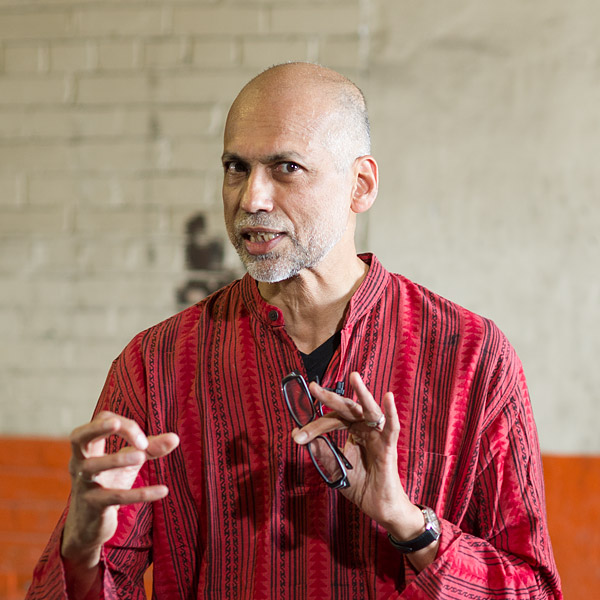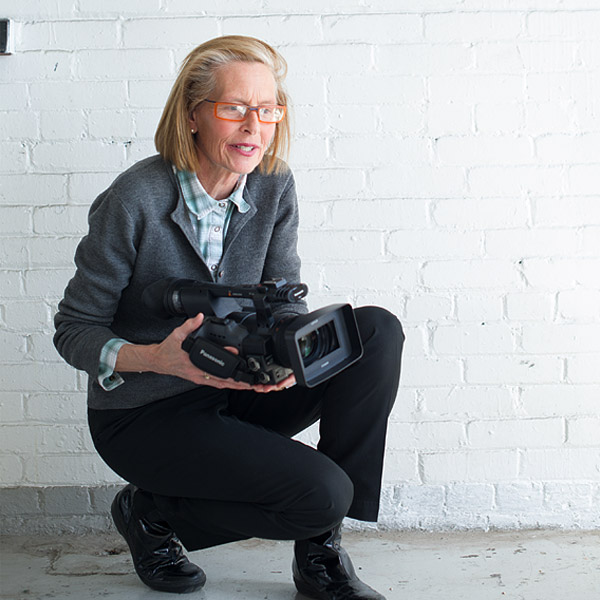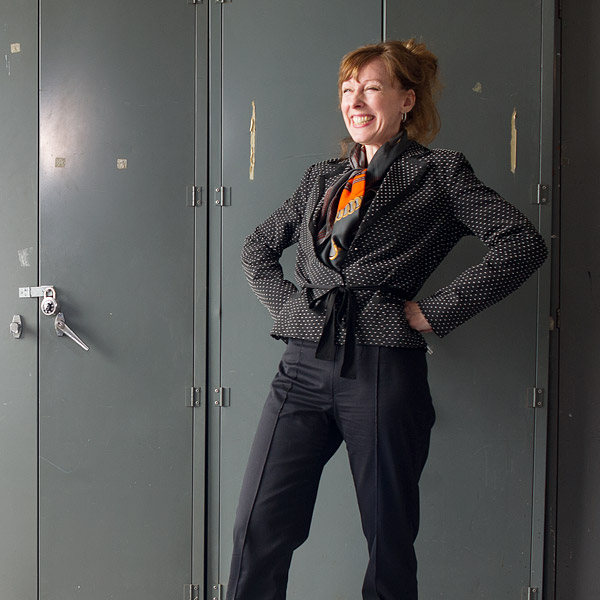Our Radical Year
President Robert A. Brown
Joining the AAU
What Price, Innovation?
Ruha Benjamin
Discovery Junkies
William Saturno
Dark End of the Spectrum
Helen Tager-Flusberg
Human Engineers
Dean Kenneth Lutchen
Unlocking Words
Abriella Stone
Cavewoman Walking
Jeremy DeSilva
The Politics of Listening
Ashish Premkumar
$1B Campaign
Stepping Up
Dean Maureen O’Rourke
Professor in the Coal Mine
Lucy Hutyra
Teaming up with edX
Clapping, Stomping, Twirling
Sajan Patel
Force Field
Sally Starr
The Computer Will See You Now
Dr. Brian Jack
Birth of an Artist
Jim Petosa
Elizabethan Time Machine
Diana Griffin
Joining the Patriot League
Healing Zambia
Donald Thea
Spring Break, Not
Jenne Bougouneau
Our Smartest Class
Creaky Nation
Julie Keysor
Melting Prison Bars
André de Quadros
Best of Both Worlds
Katie Matthews
Faculty Accolades
Film Frisson
Mary Jane Doherty
Financials
Saliva Solution
Eva Helmerhorst
Testing Fate
Catharine Wang
Our Radical Year
President Robert A. Brown
Joining the AAU
What Price, Innovation?
Ruha Benjamin
Discovery Junkies
William Saturno
Dark End of the Spectrum
Helen Tager-Flusberg
Human Engineers
Dean Kenneth Lutchen
Unlocking Words
Abriella Stone
Cavewoman Walking
Jeremy DeSilva
The Politics of Listening
Ashish Premkumar
$1B Campaign
Stepping Up
Dean Maureen O’Rourke
Professor in the Coal Mine
Lucy Hutyra
Teaming up with edX
Clapping, Stomping, Twirling
Sajan Patel
Force Field
Sally Starr
The Computer Will See You Now
Dr. Brian Jack
Birth of an Artist
Jim Petosa
Elizabethan Time Machine
Diana Griffin
Joining the Patriot League
Healing Zambia
Donald Thea
Spring Break, Not
Jenne Bougouneau
Our Smartest Class
Creaky Nation
Julie Keysor
Melting Prison Bars
André de Quadros
Best of Both Worlds
Katie Matthews
Faculty Accolades
Film Frisson
Mary Jane Doherty
Financials
Saliva Solution
Eva Helmerhorst
Testing Fate
Catharine Wang
Testing Fate
Catharine Wang seeks to empower patients amid the genetics-testing revolution
close video
As a grad student researching her master’s thesis at a Toronto clinic in the early 1990s, Catharine Wang remembers watching women being tested for the newly cloned BRCA-1 gene, a risk indicator for breast cancer. At the time, the genetic science was cutting edge and she saw patient upon patient unable to grasp the slew of radical information being thrown at them—about risks and probabilities. Some of them simply tuned out.
“That just reinforced my passion about doctor-patient communications issues and informed decision-making, and how can we support that,” says Wang, an associate professor of community health sciences.
Today, the genetics-testing market is booming, with private companies offering DNA tests for individuals at affordable prices. But it’s not one-size-fits-all, Wang cautions. And context is critical. Multiple factors, such as lifestyle and environment, enter into the risk equation, not just hereditary probabilities, which more often than not land in a gray area. Wang’s ongoing research, funded by the National Human Genome Research Institute (NHGRI) and the National Cancer Institute (NCI), is examining methods to effectively communicate genetic and environmental risk information for public health promotion and disease prevention.
“The rapid pace at which we’re understanding the genetic causes of human diseases is mind-boggling,” she says. “It’s almost like information overload. If we can empower patients to be better communicators, they can take control over their health.”

